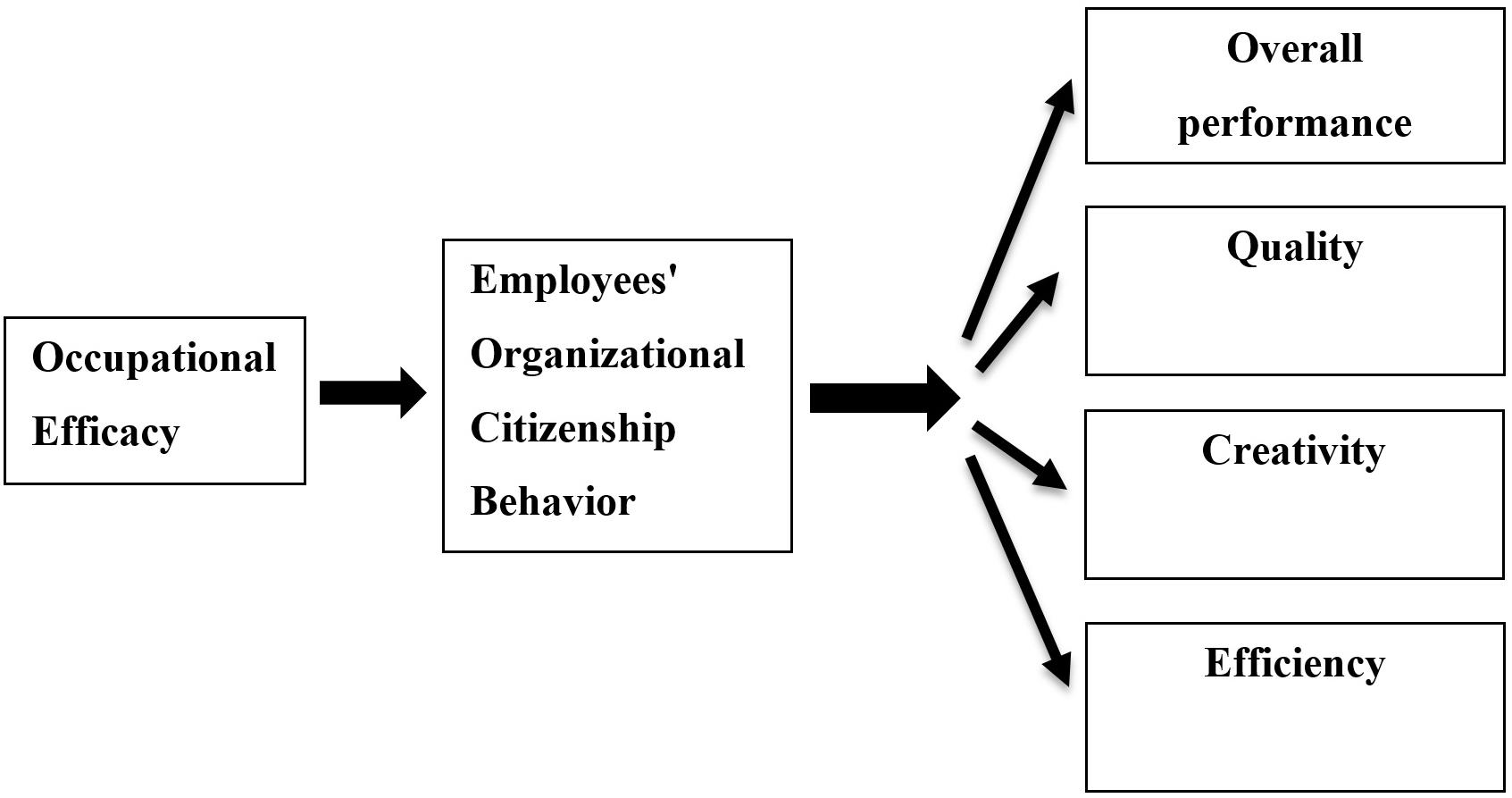
Management consultants must be skilled in a specific industry. You will need to keep up with the latest industry developments and clients. A Bachelor's or Master's degree is required in a business-related field.
Different levels of management consultant positions
There are several levels of management consultant positions, ranging from entry-level consultants to those with a master's degree. These professionals provide services in management consulting to many companies. Their expertise varies greatly and may include advising on large-scale implementation, core strategy development, process optimization, change management, and the introduction of new technology. While the focus of their services may vary, many firms produce white papers and research.
Management consultants require a bachelor's degree in business or work experience. You will also need to have a Master’s to work as a manager consultant. A variety of firms offer management consulting jobs. As an independent consultant, you can also apply for a job. Management consultants may have multiple responsibilities, but they are ultimately responsible for providing strong business solutions to their customers.

What are the requirements for management consultant positions?
The requirements for management consulting positions will vary depending on what employer they are. Candidates should usually have a Bachelor’s degree in a business-related subject. Employers will consider candidates with relevant experience or other degrees. Management consultants need to be self-starters, with a drive for excellence.
A good manager consultant must have excellent communication skills and be able communicate effectively with different levels of employees. They should also have excellent analytical skills and be organized. Many consulting firms charge hourly and work on a fixed-fee basis.
Management consultants offer a range of salaries
Management consultant salaries average $85,260 annually, which is nearly twice the median salary for all occupations. There are many opportunities in the industry, including manufacturing, government, and banking. The industry is growing rapidly, and there are a number of major trends shaping future opportunities in the field.
Over time, management consultant positions tend to have higher salaries. Most of these firms are actively seeking experienced individuals from diverse backgrounds. Salary is usually higher when applicants are employed full time and have a record of experience.

Management consultants: Career options
Starting a career in management consulting is a good option for those interested in the industry. This will allow you to develop your expertise and skills in the field. The competitive nature in the consulting sector is something you should be aware. You must maintain a growth-oriented mindset, and look for opportunities to improve your career. You will also be able to maintain your success over the long-term by strengthening your professional network and staying current with current trends. This will allow you to be promoted, get new jobs, and earn more.
Although there is no requirement for a specific degree to be a manager consultant, most employers require that you have a degree in a related field. This could include studying engineering or IT, as well as data-gathering. This will give your competitive edge in the consulting sector.
FAQ
How do I choose the right consultant?
There are three key factors to be aware of:
-
Experience - How much experience does this consultant have? Are they a beginner, intermediate, expert, or some other level? Is her resume a proof of her skills and knowledge?
-
Education – What did this person learn at school? Did he/she pursue any relevant courses once he/she graduated? Are we able to see evidence of his/her learning through the way he/she writes
-
Personality - Do we like this person? Would you want this person to work for you?
-
These questions can help you determine whether the consultant is right for your needs. If the answers are not clear, it may be worthwhile to interview the candidate in person to get more information about them.
How long does a consultant take?
Depending on your industry and background, the time required will vary. Most people start with just a few months of work before finding employment.
However, many consultants spend years honing their skills prior to finding work.
How can I become an expert consultant?
Find an area that you are passionate about. Building relationships is the next step. Understanding your clients' needs and operating style is essential. The final step is to provide results.
While you don’t necessarily have to excel at every task, you should be better than all the rest. You need passion for what your do. It doesn't suffice just to say "I'm going be a Consultant." It is important to believe in yourself and the work you do.
What is the real value of consulting?
Consulting is not only an entry-level profession for those looking to make fast money, but it's also an excellent way to acquire valuable skills that you can apply throughout your career.
There are many opportunities for consulting, including project management, strategy, training and leadership. It is possible to work on projects that range from small start ups to large, international corporations.
Consulting provides you with the opportunity to develop and hone your skills, as well as gain experience within a range of industries. This could mean learning to manage teams, negotiate contracts, write proposals, manage budgets, analyze data, create presentations, conduct market research, and much more!
Can anyone become a consultant
Consultants are people who help you reach your goals by giving advice about how to make it better, faster, or cheaper.
Consultants can help you resolve problems, make decisions, and negotiate with other people.
Consultants are often hired for specific projects or tasks.
Consultants are often paid per hour or daily rather than per project.
Which industries use consultants?
There are many types of consultants. Some are specialists in one type or another of business.
Some consultants are limited to working for private corporations, while others can represent large corporations.
Some consultants also work internationally and can help companies around the globe.
Statistics
- "From there, I told them my rates were going up 25%, this is the new hourly rate, and every single one of them said 'done, fine.' (nerdwallet.com)
- According to statistics from the ONS, the UK has around 300,000 consultants, of which around 63,000 professionals work as management consultants. (consultancy.uk)
- Over 50% of consultants get their first consulting client through a referral from their network. (consultingsuccess.com)
- 67% of consultants start their consulting businesses after quitting their jobs, while 33% start while they're still at their jobs. (consultingsuccess.com)
- Over 62% of consultants were dissatisfied with their former jobs before starting their consulting business. (consultingsuccess.com)
External Links
How To
What does a typical consultant's day look like?
Depending on what type of work you do, your typical day may vary. You'll spend your time researching new ideas and meeting clients.
You will often have meetings where you discuss issues and problems with clients. These meetings can take place over the phone, via email, online, or face to face.
The proposal is a document that outlines your ideas and plans to clients. Before presenting these proposals to clients, you will usually need to discuss them with a colleague or mentor.
After all the preparation, you'll need to start creating content. Writing articles, designing websites, editing photos or conducting interviews are just some of the options.
You may need to conduct research depending on the scope of your project to find relevant statistics and figures. For instance, you might want to find out how many people you have and if they are buying more than just one product or service.
Once you have gathered enough information, it's time to present your findings to clients. You may give your findings orally or in written form.
Finally, you must follow up with clients after the initial consultation. You might contact them regularly to check on their progress or send them emails to confirm they have received your proposal.
This is a long process that can take some time. However, it is crucial to stay focused and to maintain good relationships.